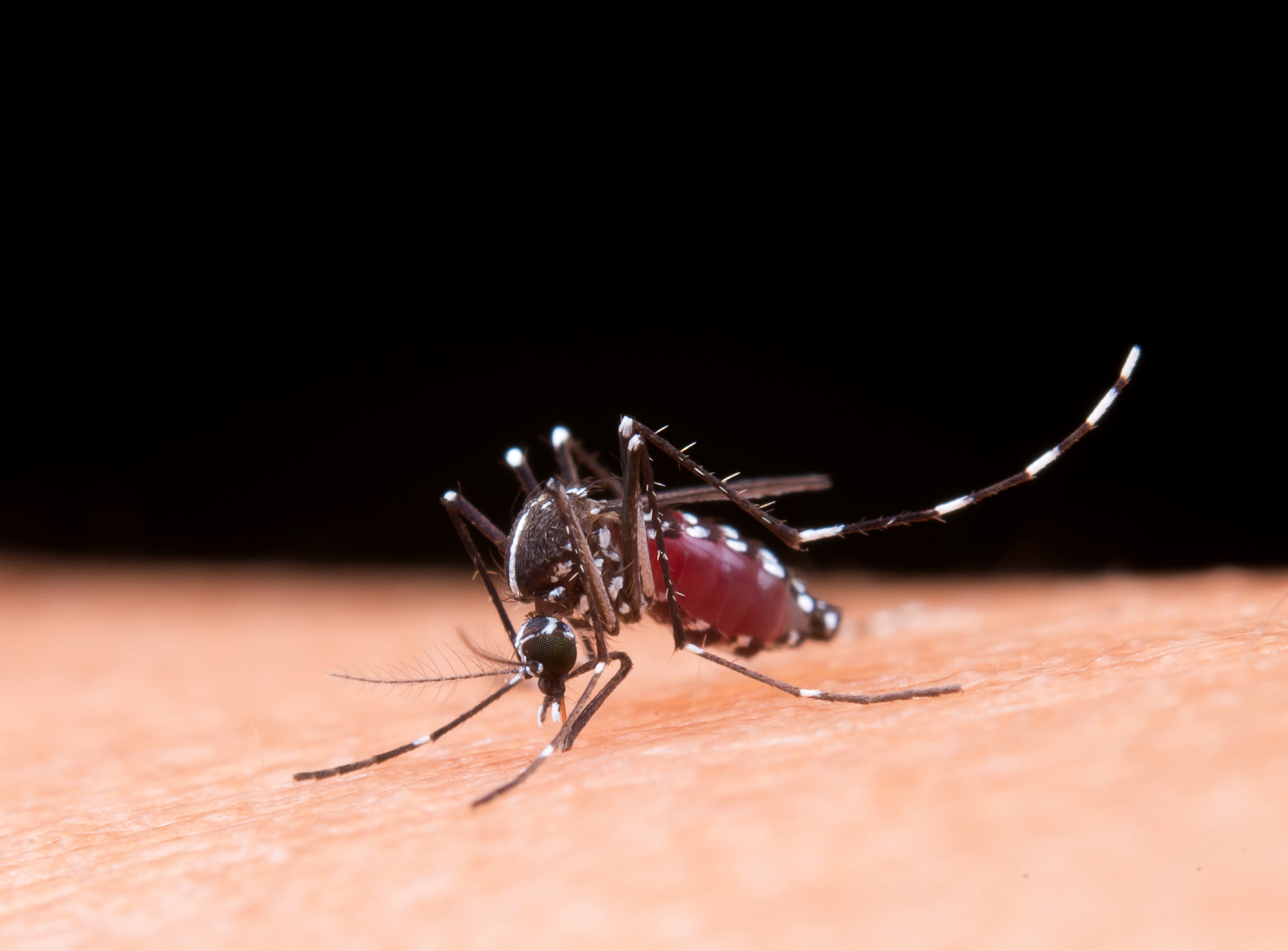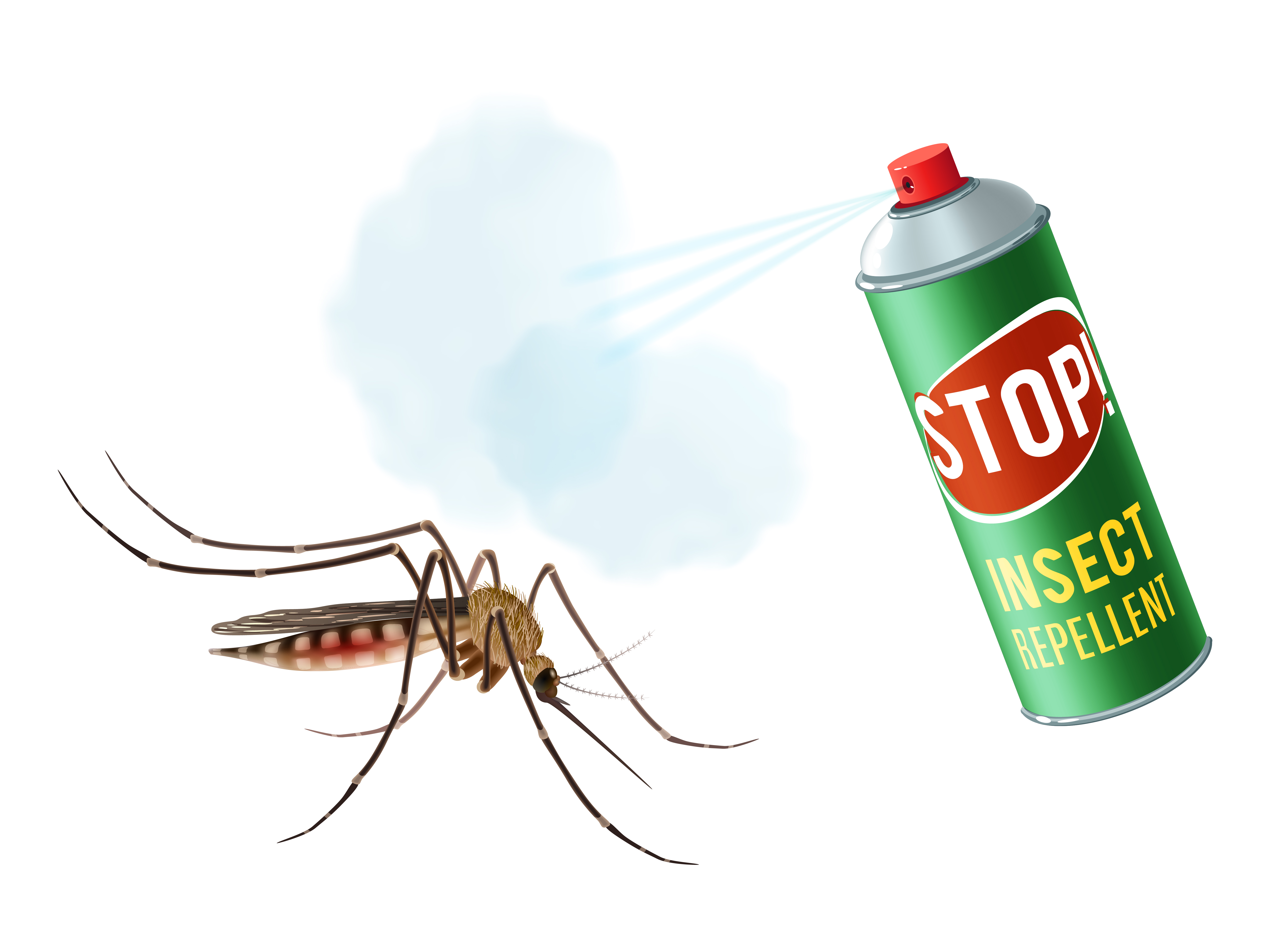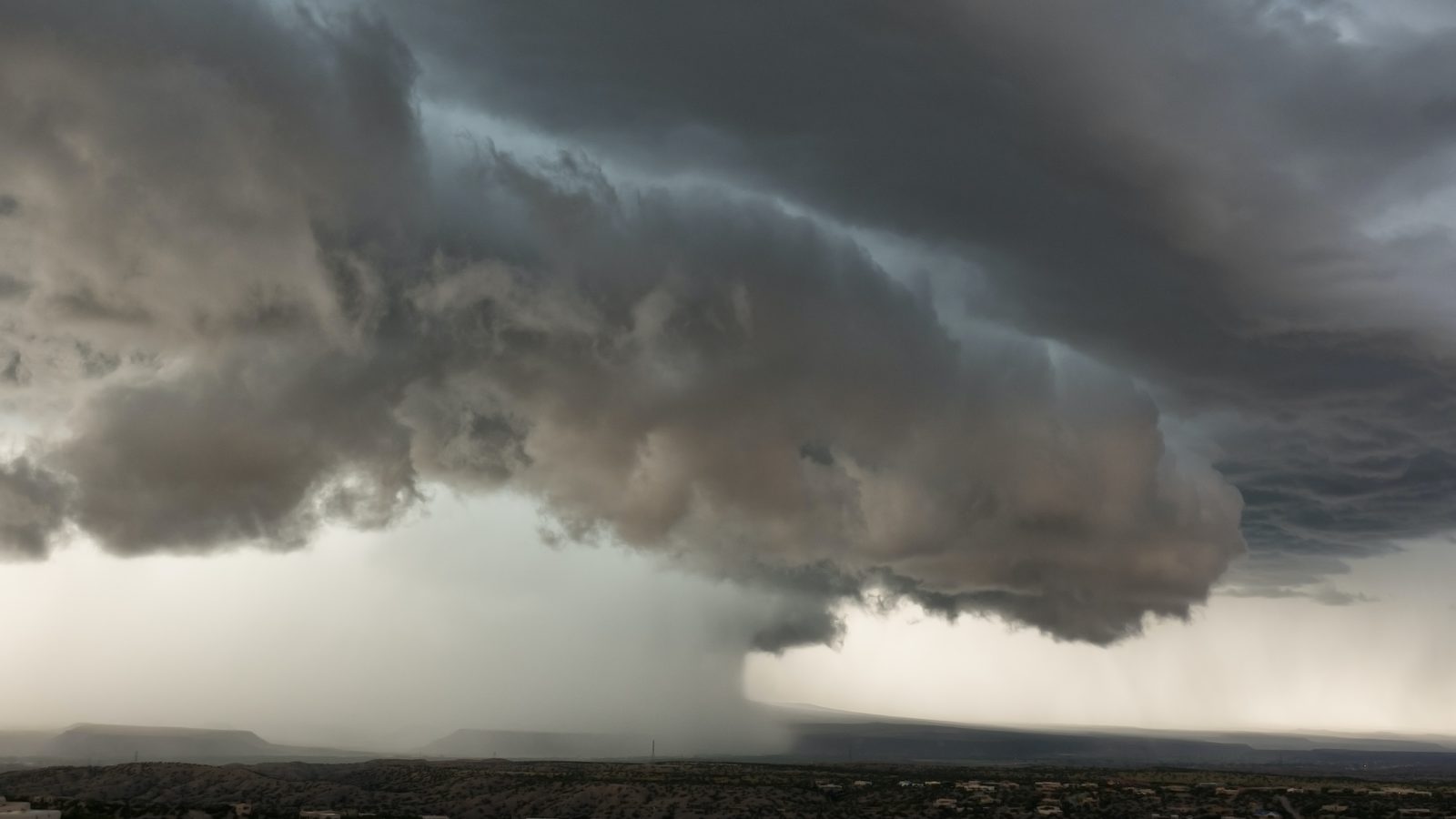With COVID-19 cases growing in record-breaking numbers every day, India’s entire health and administrative machinery is geared towards battling the pandemic. But there’s more trouble brewing. As the monsoon settles in, experts fear that a possible spike in vector-borne diseases (VBDs) such as malaria, dengue and chikungunya could cause another public health disaster.
During this virtual panel discussion on VBDs organised jointly by Thrive Global and Business Insider, experts pointed out that communities have to take prevention far more seriously, if we are to survive a fresh onslaught of VBDs this monsoon season. Diseases like malaria, dengue and chikungunya, which collectively affected nearly 5 lakh Indians in 2019, are both seasonal (declining during summer and spiking after the monsoon) and cyclical (seeing sudden upswings every few years). The grim news, the experts told Thrive Global India’s Dr. Marcus Ranney, is that there are signs 2020 might see a reversal of recent successes against these diseases.
Why this needs your attention
“There is potential for a large surge in malaria and dengue this year,” said Dr. Kaushik Sarkar, India Technical Lead at Malaria No More. “Since late 2019, there has been an increase in dengue cases across India. Malaria control interventions have also been pushed back by the government due to the pandemic,” he added.

In 2019, 3.34 lakh malaria cases were reported (according to provisional government data) across India. This year, from January to March—when the lockdown came into effect—30,000 cases were reported. Unfortunately, a reduction in vector-control measures, such as fumigation, distribution of insecticide-laden nets, cleaning of garbage and stagnant water, etc., after March seems to have kept mosquito populations high through summer.
Sunil Kataria, CEO—India and SAARC of Godrej Consumer Products Ltd., which manufactures various household insecticidal products, said, “Mosquito infestation levels have stayed steady through April and May according to our observations.” He added, “The government has waged a heroic battle against COVID, but in the process, the battle against VBDs has taken a backseat.” He also pointed out that traditionally, there tends to be a spike in VBDs from mid- March to mid-April, followed by a sharp decline in the summer months, followed by resurgence during the monsoon season. But that however, has not been the case this year. Could it be that the vast amounts of empty spaces such as offices, parking lots, gardens and even our own cars have become breeding grounds as we quarantined?
In Mumbai, India’s (unfortunate) COVID capital, pre-monsoon preparations have reportedly been delayed. Officials in other COVID-plagued states like Delhi and Kerala have also voiced concerns about a resurgence of dengue and chikungunya in the upcoming months. Even Prime Minister Modi last month cautioned of a proliferation of non-COVID diseases during the upcoming monsoon.
If all this is any indication, recent reports of dengue and malaria deaths in Uttar Pradesh, Telangana and Manipur could just be the beginning of a nation-wide trend.
It’s essential to act now rather than react later
VBDs, however, can be prevented through awareness and timely preventive steps. When performed collectively and mindfully, these are the most essential steps for prevention-

- Secure the health of your family by using repellents. Use insecticide vaporisers like coils, sprays etc. to reduce the mosquito population at home, in building corridors and in your cars.
- Wear clothing that minimises skin exposure.
- Watch out for pools of stagnant water that could serve as mosquito-breeding sites. Drain residual water in flower pots, utensils, etc. daily.
- Mosquitoes are drawn to filth. Hence, maintain cleanliness in your home and your immediate environment. Alert authorities if you notice any garbage accumulation on roads or in public places.
- Educate yourself about VBDs. For example, dengue-causing mosquitoes are likely to bite you in the day-light hours and malaria-causing ones at night. Knowledge is your biggest weapon when it comes to fighting VBDs.
Large-scale preventive efforts like these will not only keep us safe, but are highly essential in the current scenario as we battle a pandemic; because as we have learned, we can quarantine at home, but there is no lockdown on natural disasters and diseases.


